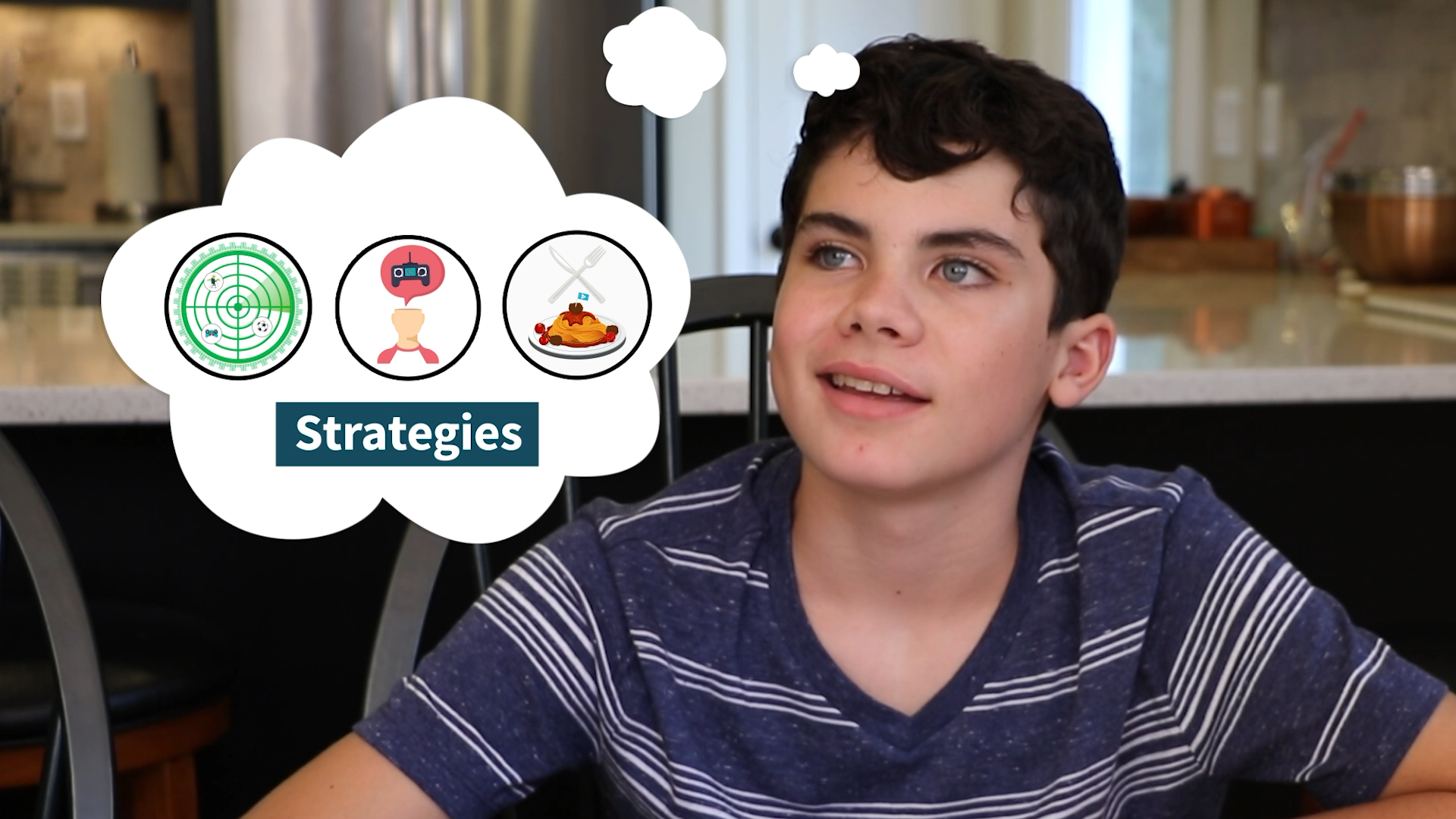Introduction
The skills represented in the target skill are crucial in special education for PreK students. They help children develop better social interactions, emotional regulation, and foster a positive learning environment.
Understanding the Target Skill: Topic Radar, Restaurant Rules, and Self-Controller
The target skill comprises three essential components: Topic Radar, Restaurant Rules, and Self-Controller. Topic Radar involves identifying others’ interests to engage in meaningful conversations. Restaurant Rules teach students appropriate manners during meals with others. The Self-Controller helps students manage their emotions, particularly in social situations. These skills significantly impact students’ learning, social interactions, and wellbeing.
The Role of Specialists
Speech-Language Pathologists: They can support the development of the target skill by teaching students effective communication strategies and reinforcing the use of Topic Radar.
Social Workers: They can help students understand and practice appropriate social behaviors, including the application of Restaurant Rules and Self-Controller techniques.
Psychologists: They can provide strategies to manage emotions and anxiety, promoting the effective use of the Self-Controller skill.
School Counselors: They can work closely with students to develop personalized plans for improving target skills and monitoring progress.
IEP Goals for Target Skill
Goal 1: Improve Topic Radar Skills
Strategies and activities: Teach students to identify common interests, practice active listening, and engage in role-playing exercises to simulate conversations.
Goal 2: Enhance Restaurant Rules Knowledge
Strategies and activities: Provide explicit instruction on table manners, model appropriate behavior during meals, and create opportunities for students to practice in group settings.
Goal 3: Strengthen Self-Controller Abilities
Strategies and activities: Teach students to recognize their emotions, provide coping strategies, and practice relaxation techniques to manage stress and anxiety.
Implementing and Measuring Progress
To implement these goals, collaborate with specialists, create a supportive learning environment, and provide regular opportunities for practice. Measure progress through ongoing observation, data collection, and feedback from students and other professionals.
Conclusion
Effective IEP goals for the target skill can significantly enhance PreK students’ social interactions, emotional regulation, and overall wellbeing. We encourage educators to apply these goals and strategies in their practice. For additional resources, explore Everyday Speech Sample Materials.






